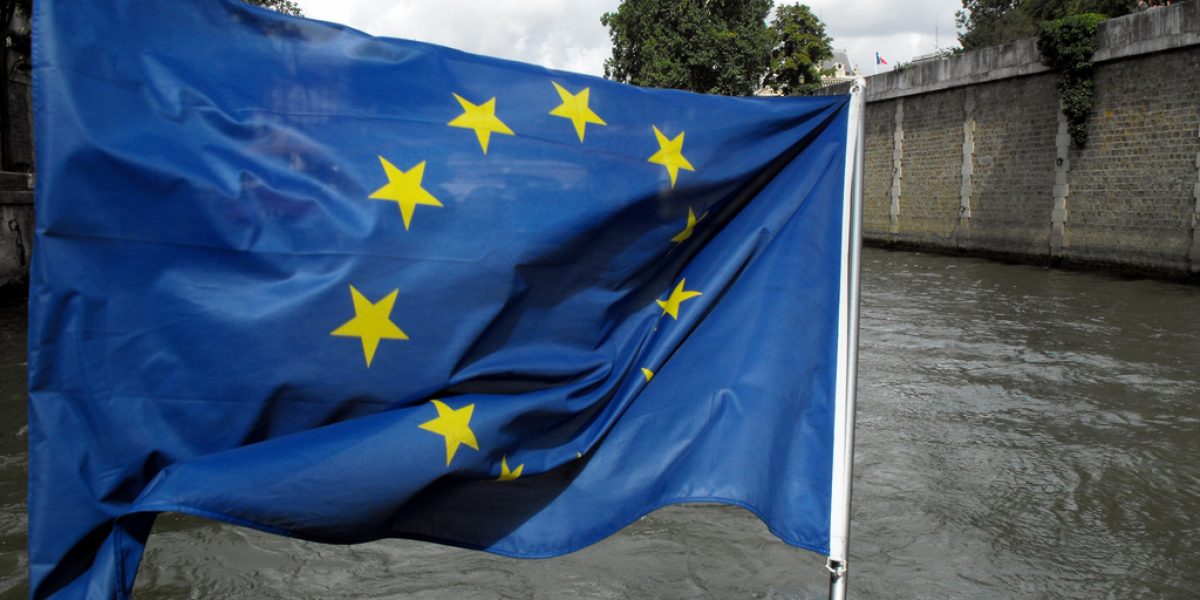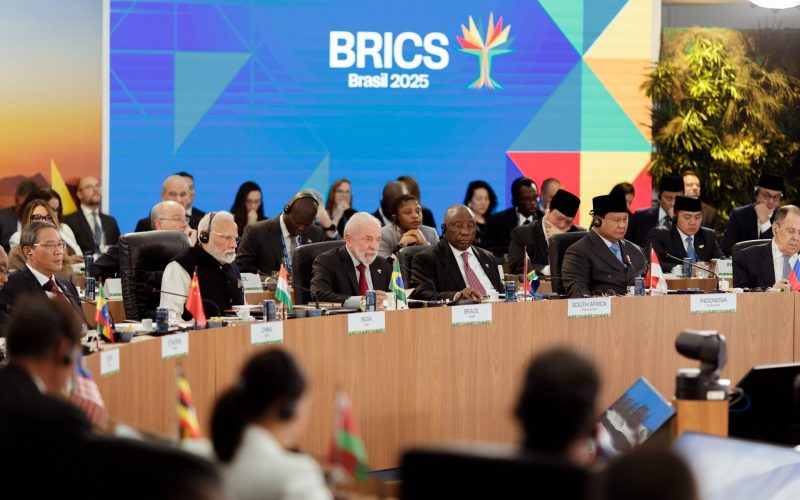These will no doubt speed up the process of the movement of economic power from West to East, towards the emerging powers of Asia, and other nations poised to seize opportunities for trade and local development.
It is worth looking at the situation as seen from the northern side of the Mediterranean, as I sit writing this column in Portugal.
Both international and local television news channels seem to be treating developments in North Africa and the Middle East, Ivory Coast and Japan more as a form of street theatre than as significant to local interests. Sensational images of revolution in Libya, threats of nuclear meltdown, and euphoria at India winning the World Cup of cricket all help to distract local audiences from local problems.
But a rising tide of hooded thugs in London, behaving like members of the SA Municipal Workers Union and trashing everything in sight because of the British government’s austerity budget cuts, and a policeman in Northern Ireland killed by a car bomb, bring the current contagion of rebellion closer to home.
In Germany, Chancellor Angela Merkel has been dealt a punishing blow by the Greens Party, who have wrested control of the state government of Baden-Württemberg from Merkel after decades of Christian Democratic Party government. Strangely, this in turn has created a dilemma for the Greens, as they have long been a pressure group, rather than a government in waiting.
The Greens won on fear of a repetition of the problems Japan has been experiencing with radiation leaks in its nuclear power stations.
Following an earlier policy of moving away from coal-fired power stations to reduce pollution, Germany now has no fewer than 11 nuclear power stations, four of which are reaching their age limit. What is the way forward? No-one is sure. The Greens are now caught between reducing pollution and providing sufficient energy to keep Germany’s economy thriving.
Germany’s decision not to support the resolution on Libya submitted by its Nato partners in the UN Security Council also has analysts perplexed. It went so far as to remove its naval vessels in the Mediterranean from Nato command.
In France, President Nicolas Sarkozy is also losing popularity with the electorate and fears that he may not succeed in winning a second term. On the other hand, the new leader of the ultra-right party, Marine, daughter of Jean Marie Le Pen, is proving surprisingly popular. Potential rivals from the left are also positioning themselves for the not too distant presidential election.
Taking an active lead in advocating the no-fly zone over Libya may be a way for Sarkozy to distract attention from his domestic woes.
Italy, meanwhile, is finding one of its island resorts in the Mediterranean overwhelmed by refugees from Tunisia and Libya and is appealing to other EU countries to relieve the pressure by agreeing to take some of the tens of thousands of displaced north Africans.
Ironically, it turns out, Nato’s European members have such limited capacity to enforce the no-fly zone over Libya that they have had to fall back on the United States to supply the majority of the armaments.
In spite of the lively debate in the US about the wisdom of becoming engaged in a third Muslim country, after Iraq and Afghanistan, American forces have therefore been obliged to launch the great majority of missile strikes against Libyan military installations and flights intended to protect the rebels opposing Gaddafi. This comes at a time when the US president is trying to pare back the US military budget to start to reduce the national debt.
A little closer to our current direct personal experience, a two-day visit to Madrid showed us a beautiful city bustling with tourists. Spain’s Prime Minister, José Luis Rodriguez Zapatero, has announced that he will not seek a third term. A country that not long ago was a member of the so-called Pigs group of EU countries (Portugal, Ireland, Greece and Spain) seems to be turning the corner, even if some of its banks are still a little shaky. The acronym Pigs, while formed of initial letters, has been considered a bit of a joke because of the financial troubles these countries have been in since the financial crisis. Ireland still deserves its place among the “Pigs,” announcing that its banks need significant financial support.
Portugal is very much still in the midst of its crisis. The Parliament in Lisbon voted down the austerity budget proposed by Prime Minster José Sócrates, who then submitted the resignation of his government to the president. Portugal’s president has called elections for June 5.
In the meantime, the Portuguese treasury on Friday successfully auctioned government bonds. Although they were sold at a premium interest rate, this was considered politically and economically preferable to calling for the assistance of the European Central Bank or the International Monetary Fund with the conditionalities that would have entailed.
The speculation is about who the unhesitating purchasers were. The finger points towards China, which also assisted Greece in its time of travail, and also Brazil.
The annual influx of summer tourists has not yet started. If northern Europeans are able to afford a holiday in warmer climes this year, their spending could help Portugal with its financial problems, but a greater deal of austerity in the provision of social services will undoubtedly be unavoidable, irrespective of who wins on June 5.
For the moment, Europe remains South Africa’s major trading partner.
But unless European countries can deal successfully with their own multiple problems, South Africa may need to spend even more time looking elsewhere for markets.








